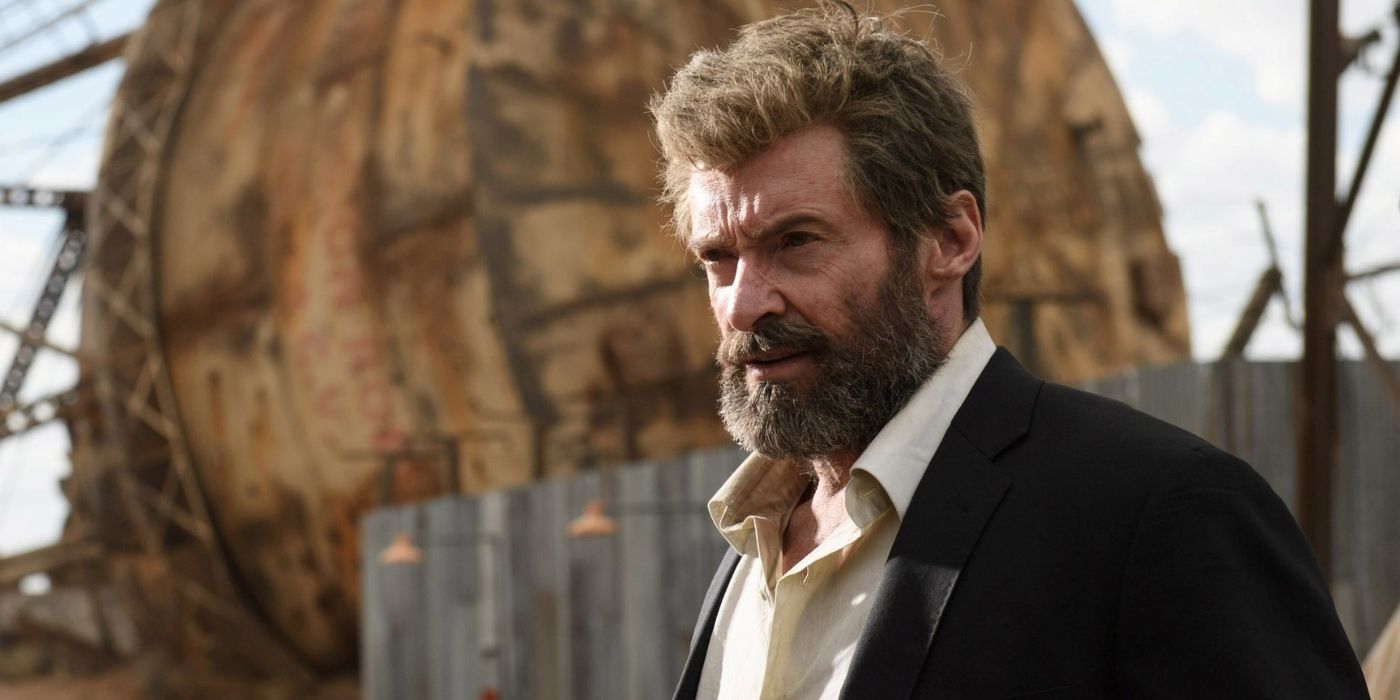Nevertheless, sometimes there are indications that Laws is punishing Ellis as a way of symbolically destroying suppressed tendencies in himself. But this is less an outgrowth of Woodbine or the character’s dialogue than of how the film channels (deliberately, it seems) another classic of the genre, Claire Denis’ “Beau Travail,” a dreamlike, voluptuously homoerotic French Foreign Legion drama that loosely retold Herman Melville’s Billy Budd, in which the closeted Master-at-arms John Claggart torments the title character for being charming, handsome, and desirable. When Ellis (whose last name is French!) dreams and fantasizes sexual encounters with other recruits, Bratton and his cinematographer Lachlan Milne light the action in hot, high-contrast single-colors, as if it were occurring in a fabulous nightclub (or a softcore flick), and there are many Denis-ian moments of furtive glances and long looks at athletic physiques. When Laws inspects the interior of an empty rifle clip, he does it slowly and lasciviously, with his index finger. Which is another way of saying that a particular current courses throughout the movie even when the script doesn’t make a point of tapping into it.
But what are we to make of the film’s second half, in which Ellis rallies and not only survives boot camp but helps others get through it? There’s no outward indication that the filmmaker wants us to think that the experience (much less Laws’ role in it) was entirely beneficial, or that the Marines somehow “made a man out of” Ellis. But more than a hundred years of boot camp movies that were almost exclusively about straight men, and nearly always ended triumphantly, ensure that whenever “The Inspection” reaches familiar milestone moments (such as the hero deciding not to quit, or putting on his graduation uniform) we at first respond to it un-ironically, even though everything we’ve seen Ellis go through until that point demands a nuanced reaction.
The film doesn’t seem sure quite certain how to feel, either. There are stretches (particularly in the final section) where “The Inspection” whipsaws between critiquing the institution and wanting us to be thrilled that Ellis excelled despite others’ efforts to drive him out, or into an early grave. It’s an inversion of the famous Groucho Marx one-liner: he wants to belong to a club that doesn’t want somebody like him as a member, and gets his wish.
It’s not just a matter of Ellis proving that he’s stronger than the worst people in his life, which is healthy; there’s something more grim and troubling happening beneath, and it’s hard to tell how aware the film is about that deeper, more ambivalent (or ambiguous) current. For all its attention to social and political and psychosexual conditioning mechanisms, “The Inspection” lacks clarity. It’s a beautiful, heartfelt muddle, made by somebody with a true film sense—and great collaborators, including editor Oriana Soddu, who begins and ends shots slightly before or after most editors would, a technique that lends every moment an element of surprise.
You can view the original article HERE.





























